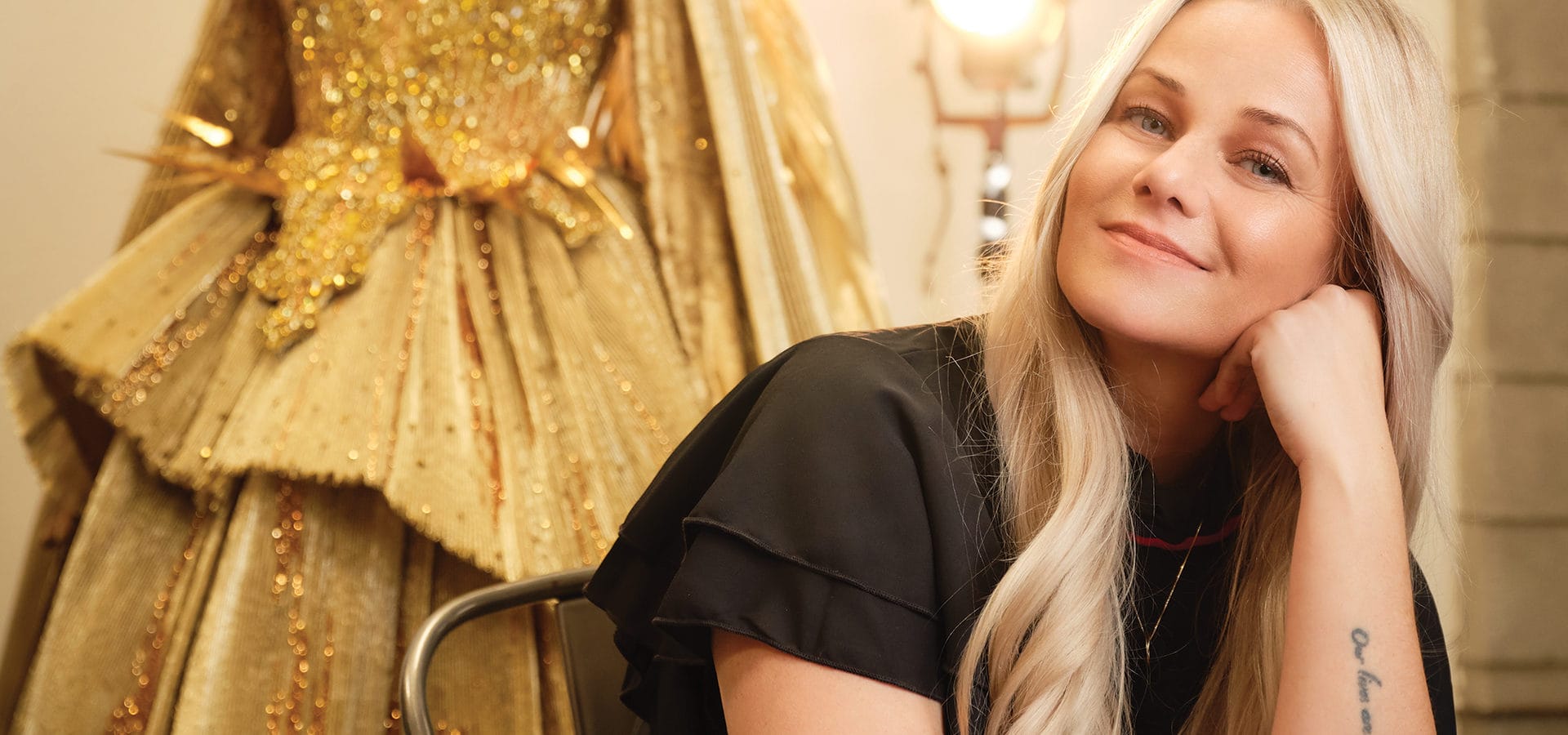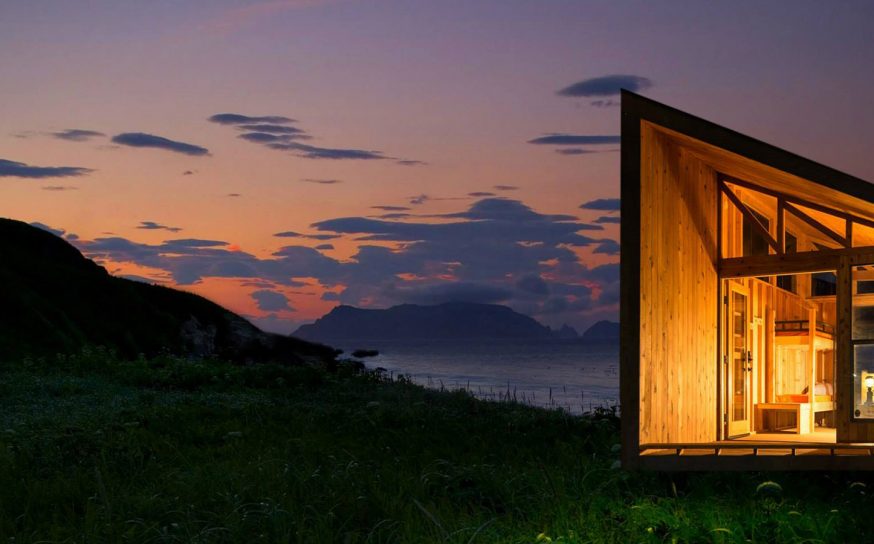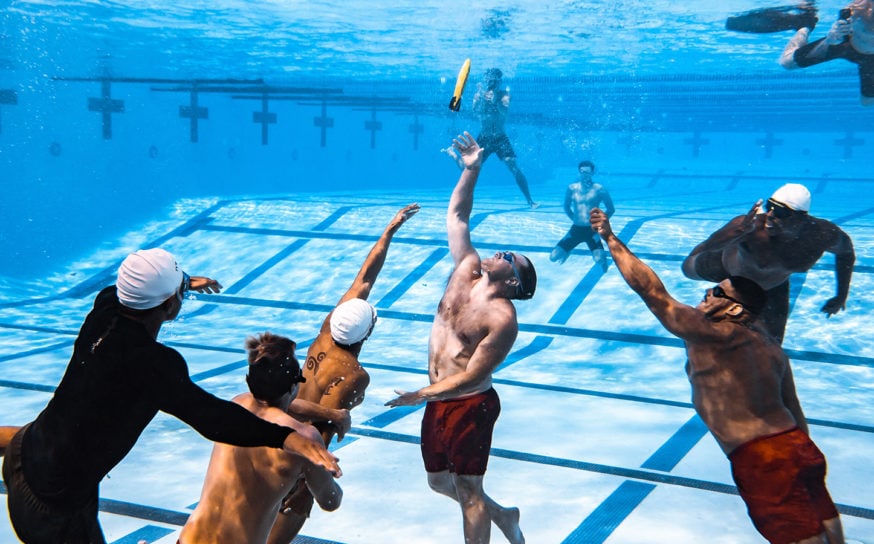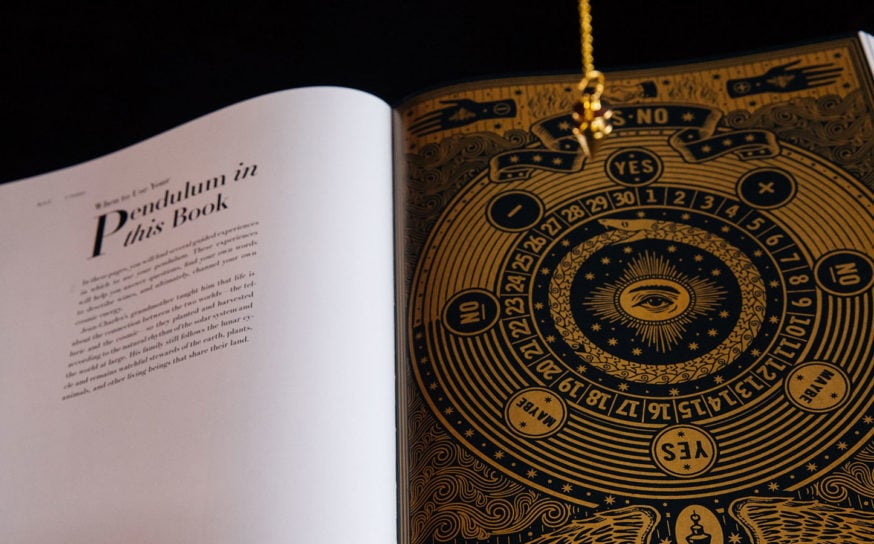The Masked Singer Costume Designer Marina Toybina Is Ready for Her Close-up
-
CategoryArtisans, Arts + Culture, Film + TV, Makers + Entrepreneurs, Visual Art
Watching Marina Toybina putter around her spacious studio tucked in an industrial section of Glendale, not far from the home she shares with her husband and two children, it’s clear she is in her essence. Whether hovering over a sewing machine or draping fabric on a mannequin, the 39-year-old is in her milieu.
Watching Marina Toybina putter around her spacious studio tucked in an industrial section of Glendale, not far from the home she shares with her husband and two children, it’s clear she is in her essence. Whether hovering over a sewing machine or draping fabric on a mannequin, the 39-year-old is in her milieu.
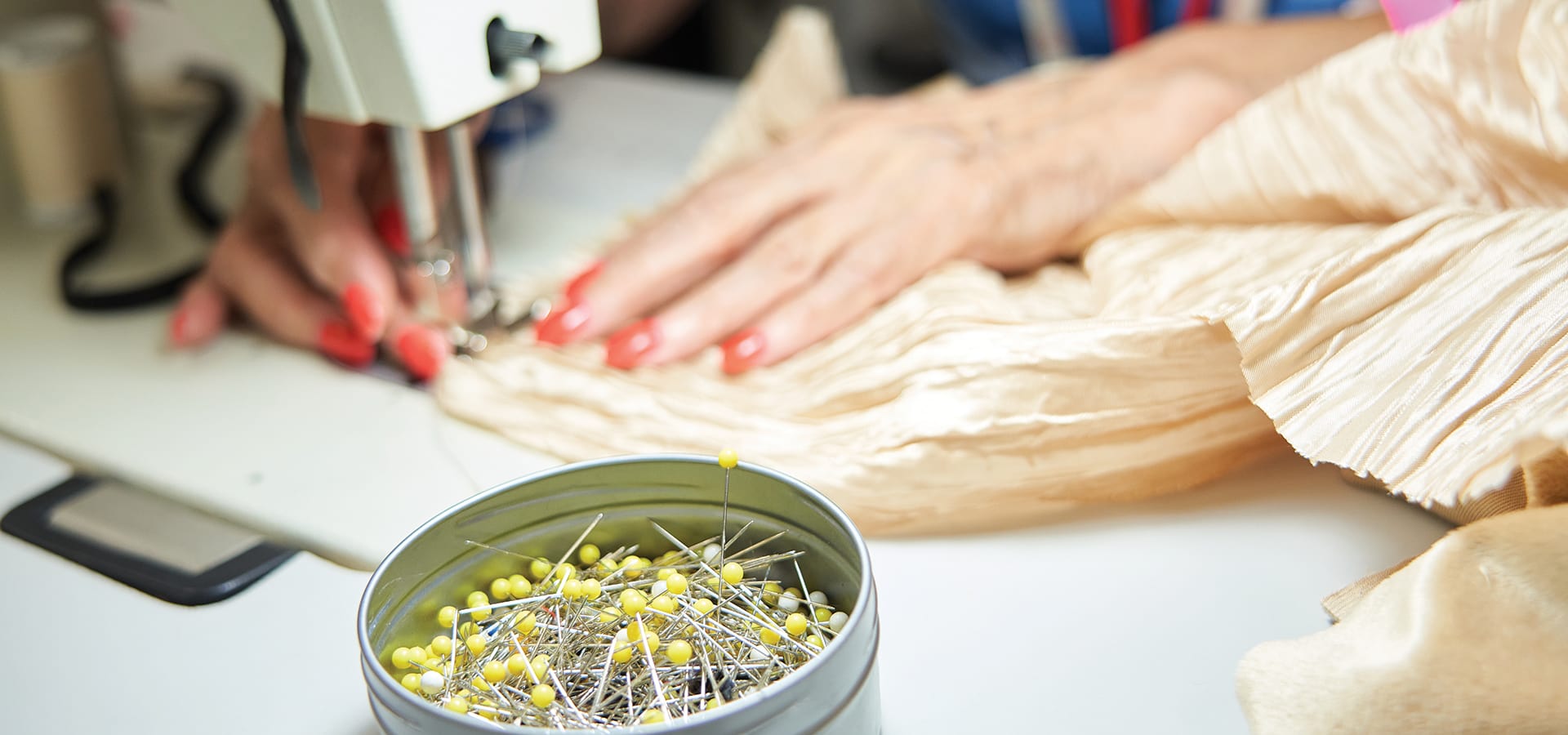
“It is my space,” she notes with a smile, adding, “It is where I am privileged to work with my team. I worked solo for a long, long time, but now I have a terrific team.”
As lead costume designer for the highly rated network TV show The Masked Singer, Marina won her fifth Emmy award this past fall (Outstanding Costumes for a Variety, Nonfiction, or Reality Program). Of her five Emmy wins, she says this one means the most.
“You have to think outside the box. I think: what architectural influences can I bring to life for these costumes? How can I incorporate new technology? As a costume designer, the process of evolving— especially for this show—never stops.”
“It is such a creative show and so impactful. The personal recognition for me—as a part of it—goes a long way.”
Born to Russian parents, Marina emigrated with her family from Moscow to the United States at the age of 11, with the family settling in Phoenix, Arizona. Her dad was a wrestling coach; her mom was an epidemiologist. She started sketching designs around the age of 8. Later as a teenager, she bought fabric and hired a seamstress to bring her sketches to life.
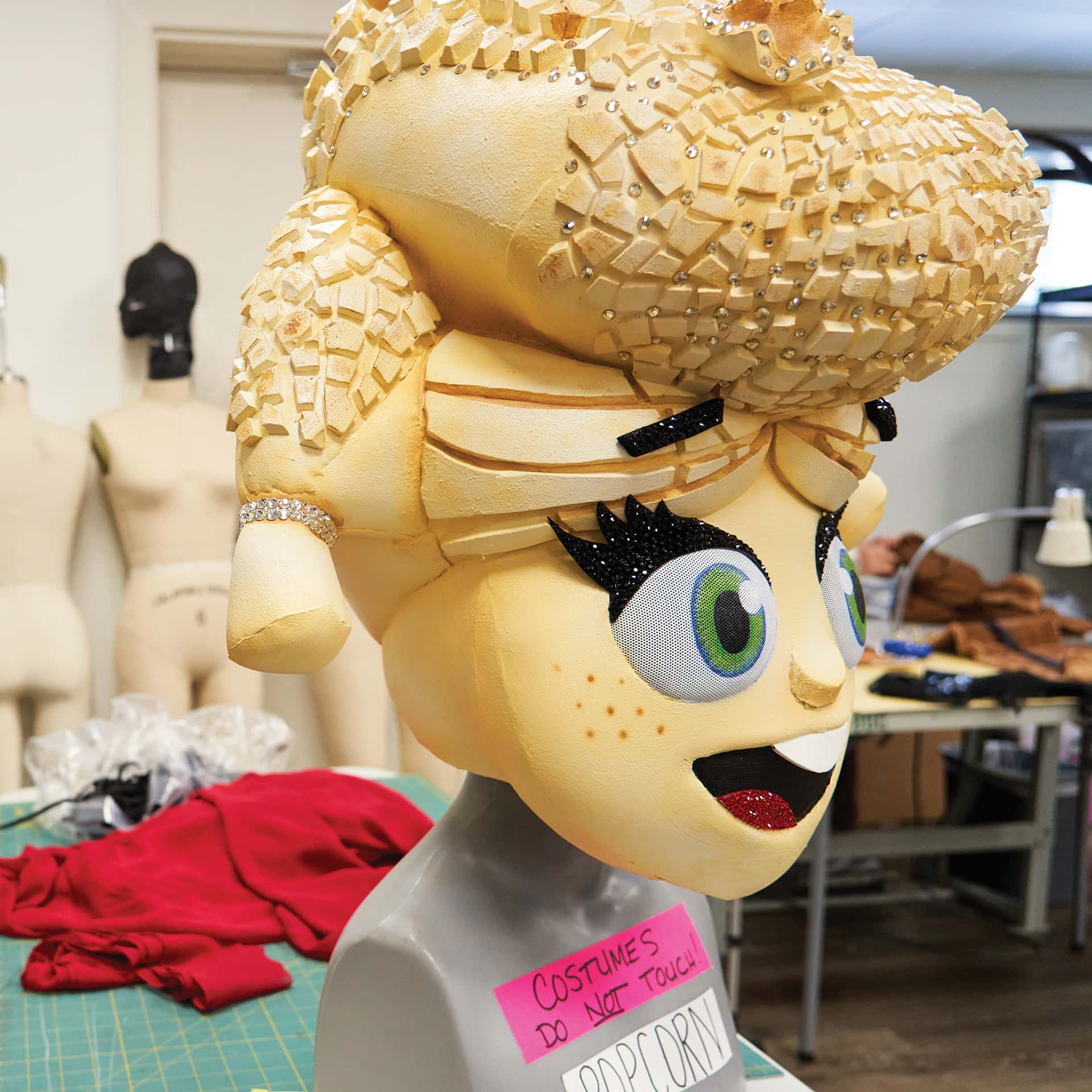
“My parents knew I had an artistic sensibility pretty early on. I was also interested in the medical field and that is the path they originally wanted me to take. They weren’t terribly familiar with fashion or costume design as a career path. But ultimately they said ‘go where your heart is. Follow your heart and we’ll follow you.’”
She met a recruiter from Fashion Institute of Design & Merchandising during her senior year of high school and moved to LA just weeks after graduating. “It just seemed like something I had to do. It was a crazy spontaneous move.”
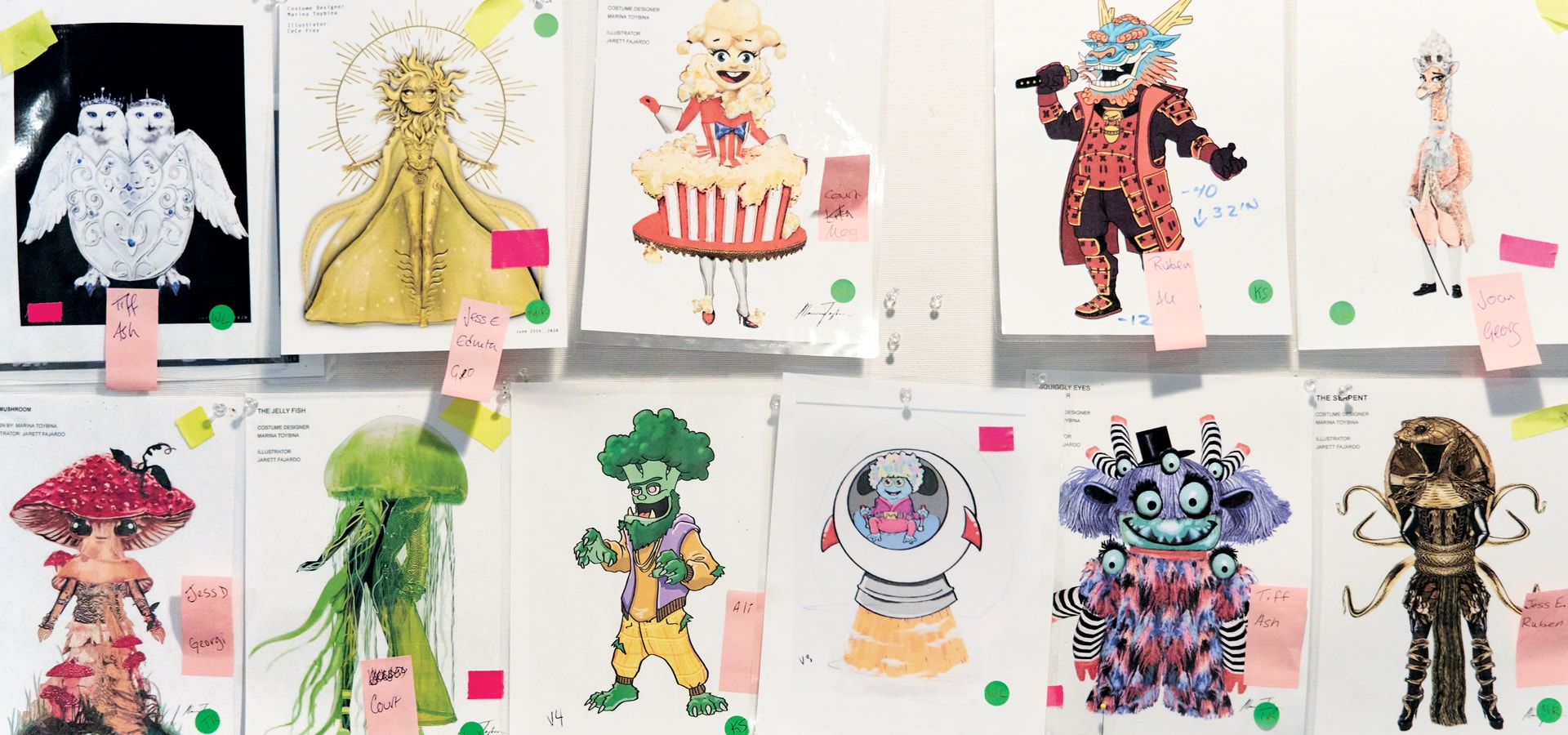
CAREER DESIGN
After graduating FIDM, she took on jobs when and where she could. In 2001, along with a business partner, she created the fashion line Glaza. “I’ve always been interested in contemporary and couture fashion. That’s what I went to school for. I really wanted to come up with almost like capsule collections.”
The fashion line didn’t pan out, and making ends meet was a constant struggle. “I was doing a lot of free work and pitching my designs everywhere. I was just trying to push forward.”
Marina started doing Fashion Week runway shows in San Francisco, New York and LA. That opened the door to the music industry, and Marina started creating outfits for live performances and stage work, mostly for backup dancers for well-known performers. In some cases, that led to her taking over costume design for the entire performance. Still in her early 20s, Marina started working for Pink and Britney Spears. “It was positive feedback for me more than anything else. It wasn’t until I started doing television that I even saw a paycheck.”
Well before the paycheck there were accolades. Marina collaborated with artists Katy Perry and Taylor Swift and won Emmy awards for her creations. And she started designing costumes for contestants on the TV shows The X Factor and So You Think You Can Dance, winning two more.
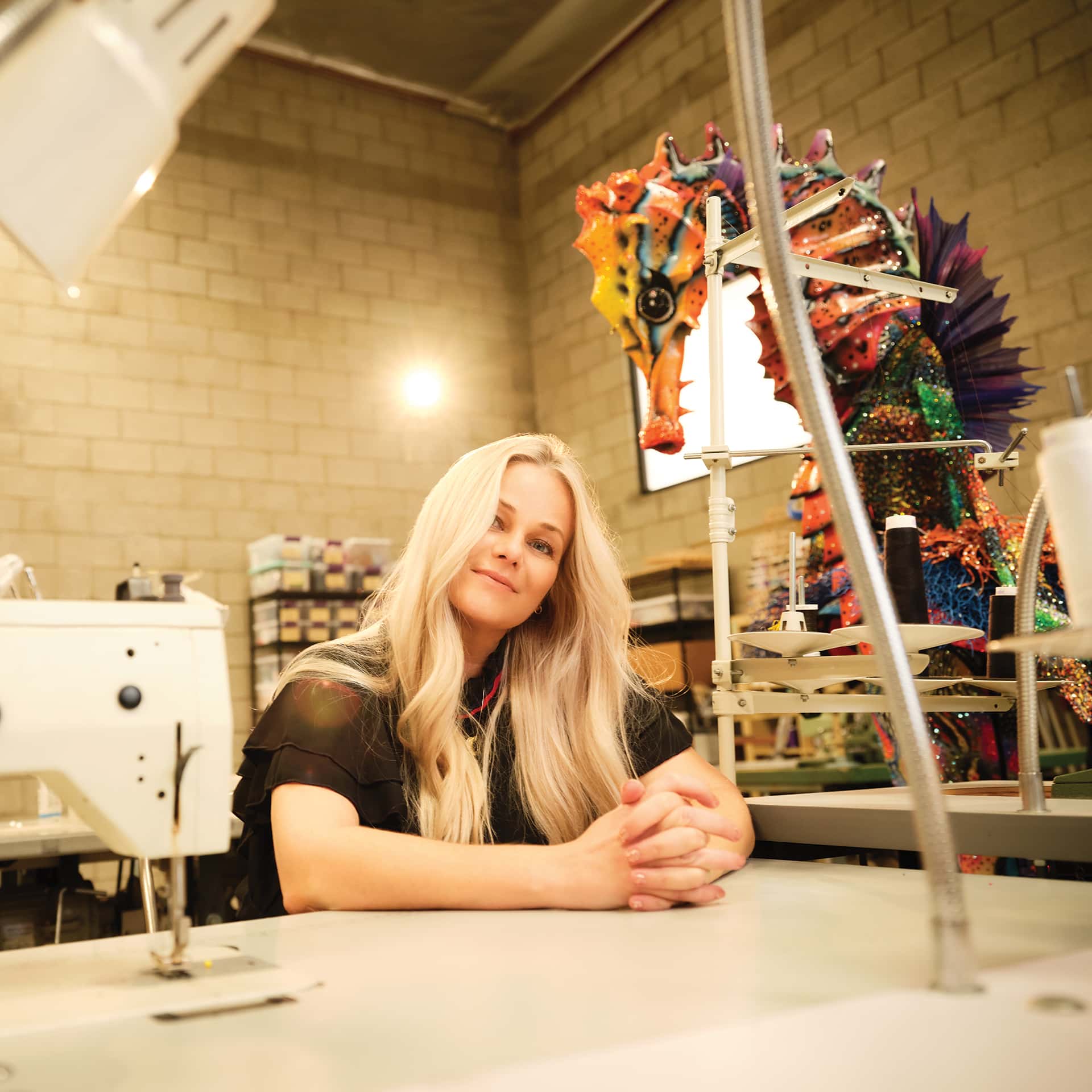
Marina at her Glendale studio with the Seahorse costume (worn on the show by singer Tori Kelly) in the background.
UNMASKING THE PROCESS
Marina joined The Masked Singer at its U.S. debut in 2019 (the program originated in Korea). The show is essentially a guessing game in which 12 celebrities sing while wearing elaborate getups—everything from a hippo to a pineapple—to conceal their identities. The judges and viewers get small clues throughout the season as to who the disguised personalities might be. Each week, one singer is eliminated—and unmasked.
Designing for The Masked Singer is a meticulous process. The dozen costumes are ornate, eccentric and almost surreal. “You have to think outside the box. I think: what architectural influences can I bring to life for these costumes? How can I incorporate new technology to innovate our fabrication and design capabilities? As a costume designer, the process of evolving—especially for this show—never stops.”
Turnaround is quick. Marina and her team only have two months from conception to completion. It’s a harried process that is constantly being refined. Once the network approves the artwork, Marina starts researching fabrications and techniques. “Every single time, every single season, I try to step it up.”
Then she and her team begin working with the show’s casting directors and producers, getting a keen understanding who will be inside the costume and they will help tell their story via the resulting design.
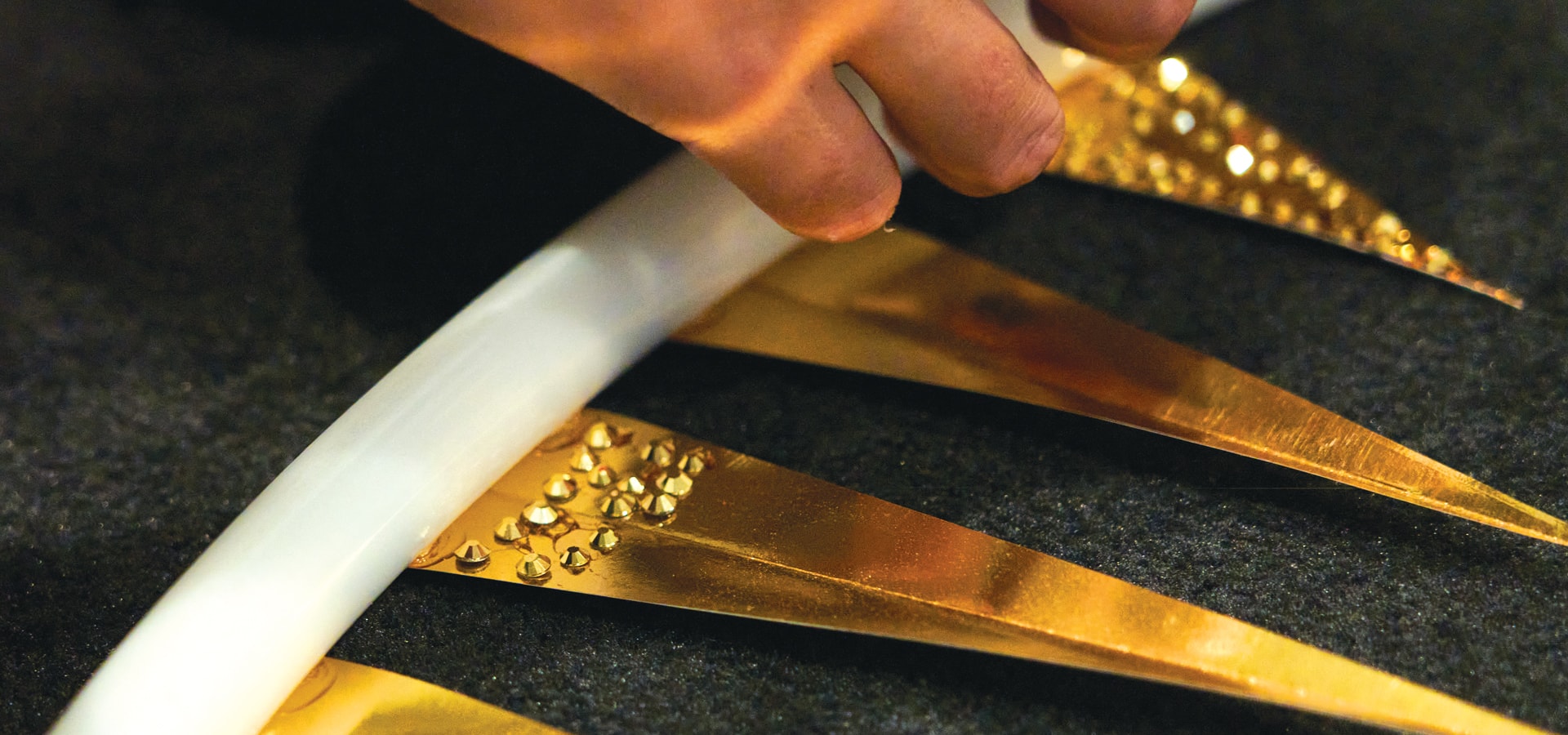
THE HIGHS
Among her favorite costumes on the show: Ladybug, which was in the making for two years. “Kelly Osborne was the singer who wore it. We had to remake parts of that costume four times to get it perfect for the final design.”
Her favorite artist to collaborate with is Carrie Underwood. Marina started working with the singer on her first tour, Blown Away, nearly a decade ago. “We’ve gone through so many years of creating and evolving and just being able to speak the same language. It’s wonderful to be on the same page and know your artists so well.”
A tattoo on her arm that reads “Our lives are our greatest art” is from a Miley Cyrus song. She got it while she was designing for the singer’s Gypsy Heart 2011 tour. “I was still fairly young. It was only the second tour I’d ever done. I was in that weird crossroads of figuring out what to do, how to survive. Every rehearsal that I went to, I was inspired by her music. It kept me showing up every day. Something about that particular lyric really touched my heart.”
Now that she has kids (ages 2 and 1), the lyric has taken on a new meaning. “To me, it means that we paint our own lives.”
She cites the Japanese costume designer Eiko Ishioka (The Cell) as an inspiration and says she’d like to work in film one day. But for now she insists that she is content, adding that during the pandemic she has felt a deep sense of gratitude.
“I’ve been able to step back and pause, allowing me to truly understand my creative space and appreciate my creative team. The costumes are the art that we have produced and are proud of. I think that is what success is: to be able to call something your own.”
These CA State Park Structures Give Us Serious Cabin fever
A challenge between local architecture students yields attractive results.
Two Former Marines Captain a Game Changer in Underwater Athletics
Underwater torpedo, anyone?
Exploring the Alchemy of the Senses
French born, California Winemaker Jean-Charles Boisset puts his passion for the grape to the page.
Get the Latest Stories




